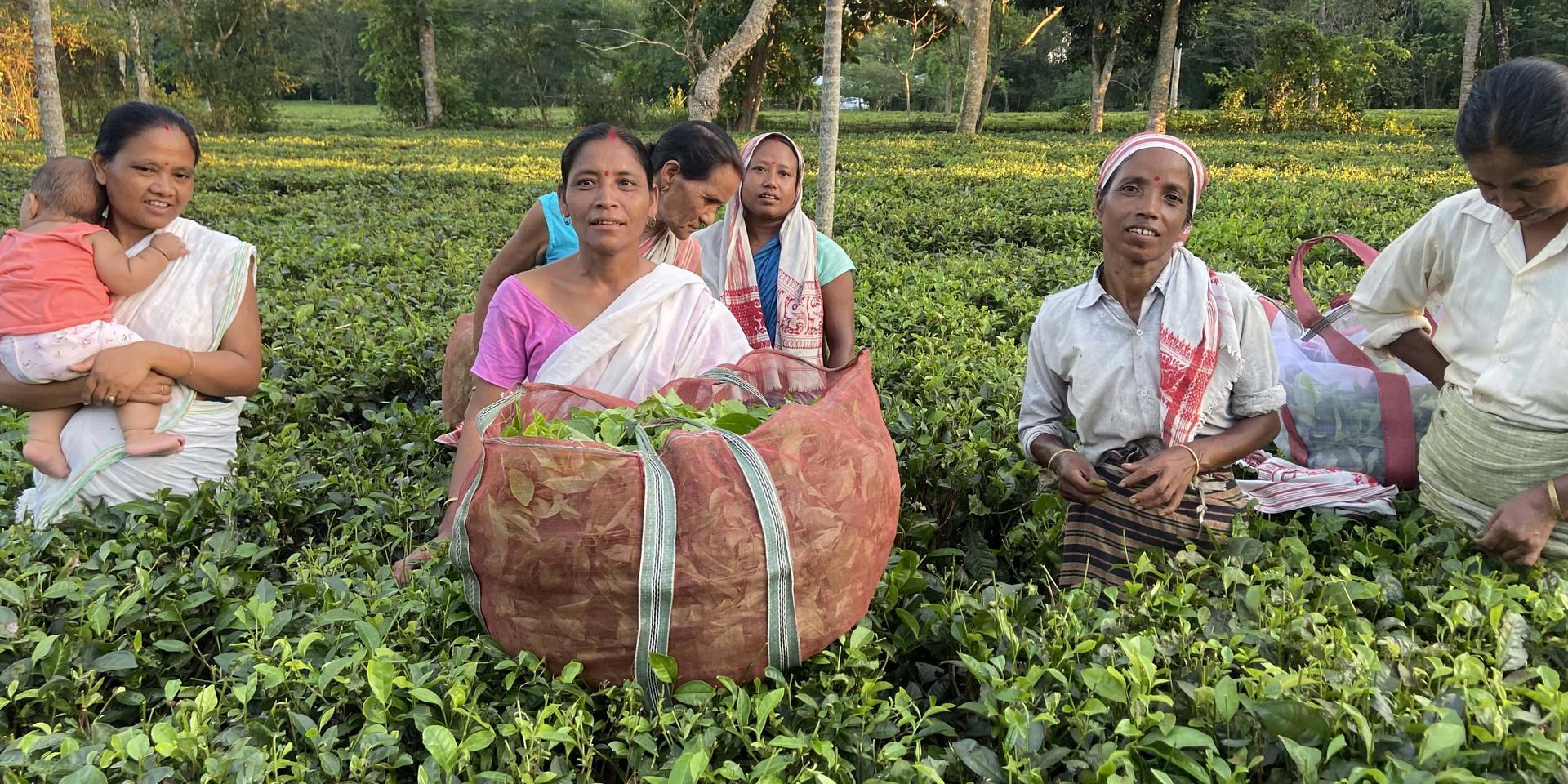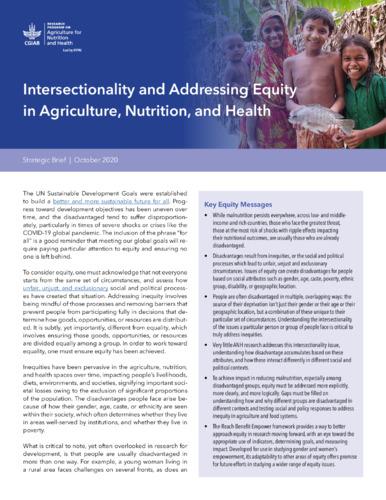Unpacking Identity and Intersectionality in India’s Assamese Small-grower Tea Sector
 Photo: Hailey Zaremba/ABC
Photo: Hailey Zaremba/ABC
Explore Northeast India’s complex tea value chain, and the lives of the women behind each harvest, with this photo story by researchers from Alliance of Bioversity International and CIAT.
Do you know where your tea comes from? Recent reports on the state of the industry have shown that there is cause for concern about whether your cup of tea was produced ethically, particularly if those leaves came from India.
Worryingly, these results pertain to tea plantations, which are a highly regulated sector with established worker protections. But there is another, less formalized side of the industry run by small tea growers not associated with plantations that are even more vulnerable to exploitation and hardship. The market share of small tea growers in India has reached around half of all tea production as low leaf prices push the tea sector to become increasingly informal. The people who are employed in this small tea growing sector, and particularly those from marginalized groups, are particularly vulnerable to exploitation as their work is often invisibilized and unregulated.
